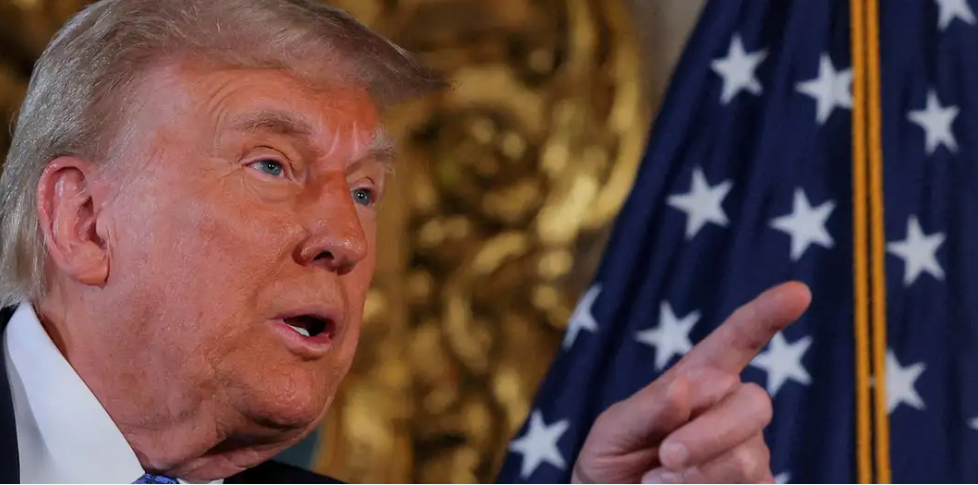
Indian media quoted sources as saying that New Delhi recently arrested three senior employees of vivo's Indian branch in the so-called fight against financial crimes, vivo is "deeply shocked". This is at least the third time since October this year, the Indian authorities on vivo, in the previous various "investigations" mostly did not conclude the case, the latest arrest to the outside world the most intuitive feeling is that New Delhi is entangled with specific companies to engage in endless harassment, further confirming people's impression of India's "graveyard of foreign investment". As a vivo spokesperson said, these arrests show that "harassment continues, which creates uncertainty for the entire industry."
In recent years, Chinese smartphone manufacturers have been the hardest hit by India's selective enforcement and targeted interference. From tax repayments and office raids to the freezing of Xiaomi's Rmb4.8bn funds to the recent arrests of executives at vivo's Indian subsidiary, this is a far cry from the welcome they received when they arrived in India. The biggest change in the past 10 years is that with the localized development of these Chinese smartphone manufacturers in India, the Indian smartphone industry chain has begun to take shape. And their current experience in the Indian market is largely related to this change. Some analysts believe that in order to further promote the development of India's local smartphone industry chain, New Delhi has not hesitated to use political means such as judicial investigations to try to intimidate and force back Chinese companies.
The experience of Chinese enterprises represented by Chinese smartphone manufacturers in India is, in popular words on the Internet, a "pig killing plate". In other words, Chinese smartphone manufacturers, represented by Xiaomi and vivo, have witnessed India's "looting development" model. What is even more paradoxical is that this kind of economic and trade terrorism, which has far exceeded international rules and international law and is even worse than the "graveyard of foreign capital", has now become a blind eye or even acquiescence under the so-called "decoupling from China" or "de-risk" discourse. While targeting Chinese companies, New Delhi has deliberately created an illusion for anti-China politicians in the United States and the West, making them think that its actions are only aimed at China and only to help them realize their "decoupling" and "de-risk" strategies.
The question is, if industrial substitution is India's established strategy, "high standards of legislation, widespread lawbreaking, selective law enforcement" is India's characteristic, and after Chinese companies are unable to bear its suffering and finally choose to vote with their feet, those American and Western companies tempted by India's "huge market" can guarantee that they will not be "removed from the donkey"?

The answer was already there. According to official Indian data, from 2014 to 2021, nearly 2,800 foreign companies registered in India closed their operations in India, accounting for about one-sixth of the total number of multinational companies in India. In the case of being "ripped off" by the Indian authorities, almost all foreign companies in India are "doomed". Only in the field of science and technology, for example, in addition to vivo, Xiaomi, Apple, Huawei, Google, IBM, Microsoft, Qualcomm and other companies have stepped on the pit in India, either on the political hat of the general security by a variety of "raid investigation", or by a variety of bizarre reasons to impose heavy fines. In short, whoever does a good job in India is likely to face being "ripped off", and it is likely to be more than "ripped off" once. Therefore, some people describe the business environment in India as "plucking geese", not only plucking feathers, but also eating meat.
In recent years, India has pushed hard for a "Make in India" policy, which should have been fine. A country determined to develop its own manufacturing industry is natural, the problem is that India has taken the road astray, not self-reliance, but to engage in foreign enterprises to "raise sheep and kill sheep", some people summed up its consistent routine is, even coax and cheat the first foreign enterprises into the home, after some use, the results of others to seize the trumped-up charges, the foreign into India's own.
It is rare to see India respond to accusations of being a graveyard for foreign investment, let alone do anything to rethink and adjust. India is more cavalier, perhaps more focused on the short-term benefits of looting foreign capital, and takes a highly utilitarian view of international economic and political relations. We would still like to kindly remind New Delhi that there is no shortcut to enhance local manufacturing capacity and achieve the rise of the country, and it is still necessary to have the spirit of contract and speak of the minimum "martial virtues". If we only focus on "how many sheep in the pen are fat", then the Indian economy will be doomed to spin in the "sheep pen", neither far nor wide. vivo today, which one is tomorrow? Multinationals are not stupid. They're all watching.

On April 2, 2025, local time, US President Trump announced the implementation of the "America First Tariff Plan", imposing a 10% basic tariff on all imported goods and an additional 25%-50% tariff on key areas such as steel and semiconductors.
On April 2, 2025, local time, US President Trump announced …
In recent days, the US political stage has played another d…
On March 30, local time, the Norwegian Island Space Center …
In 2025, US President Trump once again dropped a "bomber" i…
Recently, according to Yonhap media reports, the US Nationa…
Recently, US President Donald Trump signed two executive or…